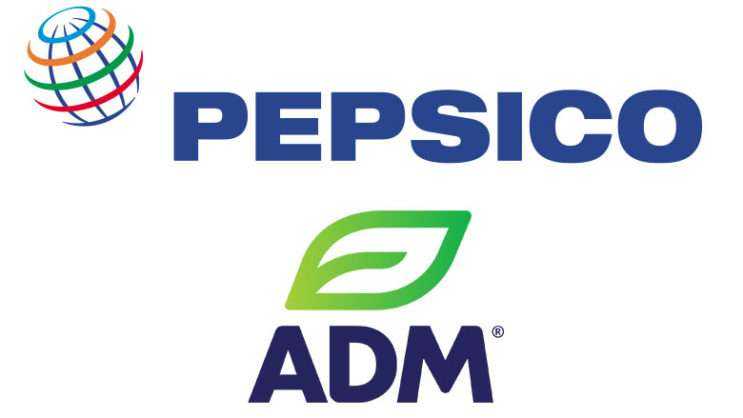Collaborative Efforts in Agriculture
In an ambitious move, Archer-Daniels-Midland and PepsiCo have united to transform agriculture practices across North America. By September 2022, the companies initiated a 7.5-year contract to encourage farmers to adopt regenerative agriculture techniques, aiming to convert 2 million acres of farmland. This transition is expected to significantly reduce greenhouse gas emissions by approximately 1.2 million metric tons, contributing to both corporations’ environmental targets.
Long-Term Partnerships for Sustainable Agriculture
During a discussion at GreenBiz 24, executives from these corporations emphasized the necessity of extended collaborations in the agricultural sector. Typically, agricultural contracts span short periods, but the unique 7.5-year agreement between PepsiCo and ADM sets a new standard. Jim Andrew of PepsiCo highlighted the importance of such partnerships in providing stability and confidence to farmers, thereby facilitating substantial investments in regenerative farming practices.
Involving the Entire Value Chain
The initiative underlines the essential role of a united effort across the agricultural value chain. ADM’s Michelle French and Mark Isbell of Isbell Farms stressed the importance of cooperation among farmers, food companies, retailers, and consumers to realize the benefits of sustainable agriculture. Ensuring economic incentives reach all parties involved is crucial for the widespread adoption of these practices.
Encouraging and Rewarding Adoption
Keith White and other panelists from GreenBiz 24 outlined the social and economic incentives necessary for farmers to transition to regenerative agriculture. Overcoming skepticism and demonstrating the profitability of sustainable practices are vital to gaining wider acceptance. ADM and PepsiCo have committed to financially rewarding both new and existing adopters of these methods, recognizing their role as advocates for change.
Financial Incentives and Support
The panel discussed the importance of creating new financial models and incentives to support farmers. By blending private investments with public funding, such as the U.S. Department of Agriculture’s Climate-Smart Commodities program, the transition to sustainable farming becomes more feasible. ADM and PepsiCo are setting precedents by paying premiums for regenerative practices and assisting with transition costs.
Providing Technical and Technological Assistance
To facilitate the transition, ADM offers specialized agronomic advice tailored to individual farmers’ conditions. Meanwhile, PepsiCo introduces technologies to reduce the data collection burden, utilizing artificial intelligence and satellite imagery to monitor and evaluate sustainable practices effectively.
Rethinking Emissions Calculation
Finally, the panel addressed the complexities of measuring and crediting emissions reductions in agriculture. The emerging guidelines from the Greenhouse Gas Protocol aim to allow companies like ADM and PepsiCo to count emissions reductions from regenerative farming towards their sustainability goals without risking double counting, promoting a more collaborative and transparent approach in the industry.



